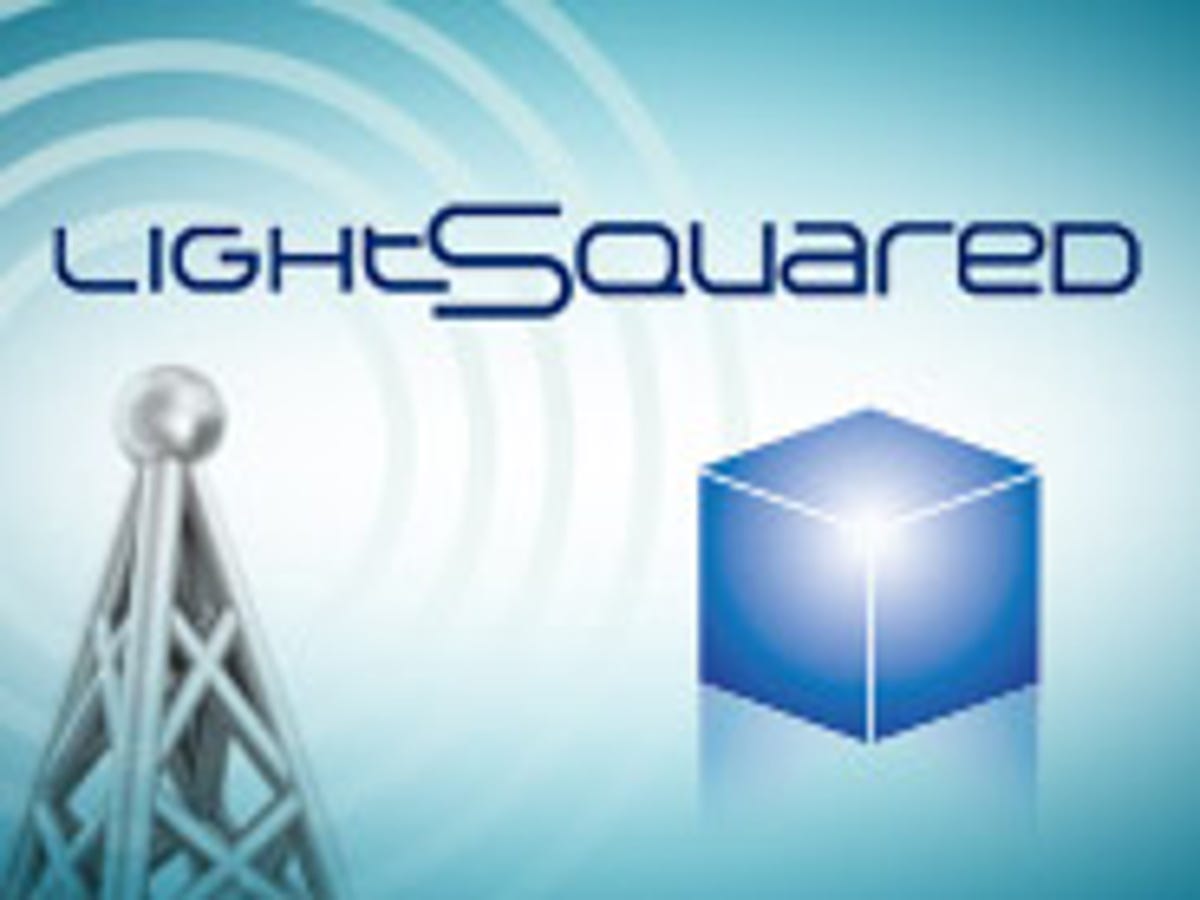Sprint Nextel said it will give LightSquared an additional six weeks to get approval to build its nationwide 4G LTE wireless network from the Federal Communications Commission or it will terminate its agreement with the company, according to Dow Jones Newswires.

A Sprint spokesman told Dow Jones that the company had given LightSquared until mid-March to resolve concerns that its network interferes with GPS receivers. Sprint had already given LightSquared a 30-day extension to get FCC approval at the end of 2011.
A LightSquared representative confirmed that an extension had been granted. And he reiterated LightSquared’s commitment to completing its network.
“Sprint and LightSquared have agreed to extend our network agreement through mid March,” Terry Neal, head of public relations for LightSquared, said in a statement. “Sprint continues to support our business plan to bring wireless broadband to more than 260 million Americans and our ongoing efforts to work with regulatory agencies to resolve interference concerns.”
Sprint had made the FCC’s approval a condition of its 15-year deal with LightSquared. The two companies signed a contract last year in which they agreed to share wireless spectrum, as well as network construction and equipment costs. As part of this plan, Sprint would also use the LightSquared network for its new LTE-based 4G service.
LightSquared, which is owned by the hedge fun Harbinger Capital Partners run by billionaire Philip Falcone, has cobbled together through various transactions enough spectrum to build a nationwide wholesale wireless broadband network. The company’s 4G LTE network is expected to reach 260 million people by 2016. But the company needs the FCC’s final approval before it can start deploying the service commercially.
The GPS industry has asked the FCC not to approve LightSquared’s request to use its wireless spectrum, because it says that the company’s network will interfere with GPS devices that are already deployed. The problem is not that LightSquared’s signals bleed into adjacent spectrum bands, where GPS devices reside. But rather, the problem is that GPS receivers already in the field can “listen” to signals coming from another band, which is the band that LightSquared operates in.
Related stories
- LightSquared says GPS interference testing was rigged
- Feds release report citing LightSquared interference with GPS
- LightSquared tries to appease GPS opponents
LightSquared has agreed to turn down the power on its signals, and it has also said it will not use a portion of its spectrum, which is closest to the GPS bands. In addition, LightSquared has shown how filters used on GPS receivers can mitigate interference.
Still, the GPS industry argues that these fixes are insufficient to eliminate concerns. And in a recent test, it showed significant interference issues. LightSquared accused the GPS industry of rigging the test to ensure LightSquared’s failure.
Now, the FCC is accepting public comment until February 27 on LightSquared’s argument that GPS device manufacturers aren’t entitled to legal protection from interference caused by its signals, according to the Dow Jones article.
LightSquared said earlier this month it has enough money to operate for several more quarters. But the company has also said that it will need about $3.5 billion to be cash-flow positive in the next two years.



